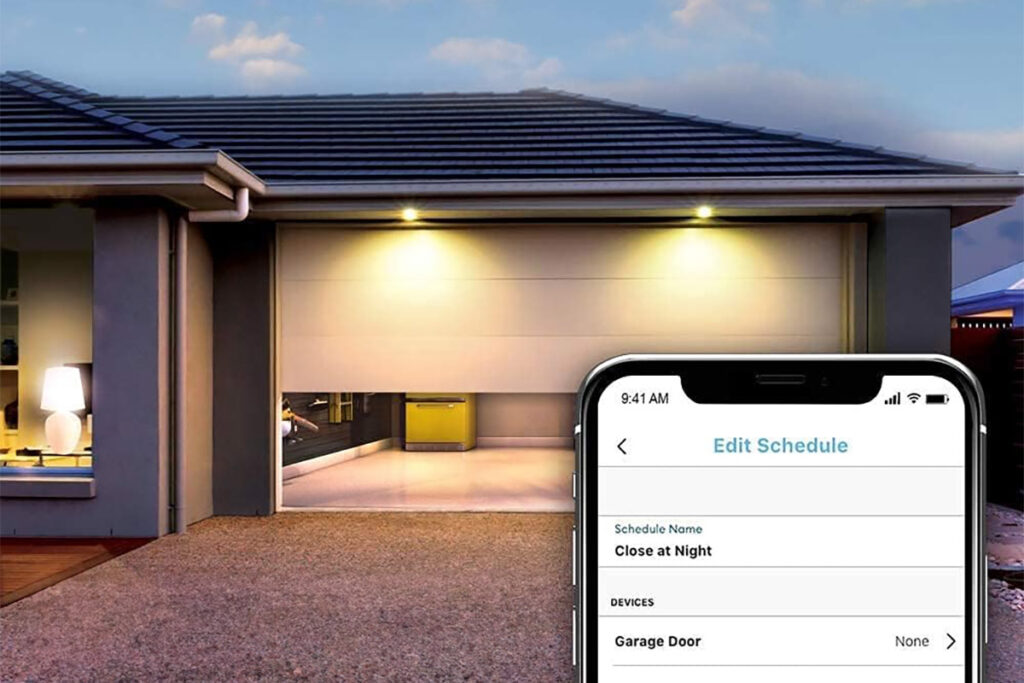
You will find tons of new cars in different car dealerships. However, the dealers might fail to sell all those vehicles. Such vehicles bear the name ‘unsold cars.'
Now, you may wonder what happens to such cars. Since the dealer wants to regain their capital, and maybe make some profit, they have to use other options.
There are various options used by the dealerships to sell such cars, though not at their list price. Keep reading to know multiple ways used to get rid of the unsold cars.
Reasons Why Cars Go Unsold

Car dealerships purchase vehicles from various manufacturers and resell them. Similar to other businesses, they aim to make a profit.
When a vehicle goes unsold for long, the dealer suffers from the carrying cost. Therefore, the dealers avoid this cost by trying to sell the car quickly.
You can measure the largest publicly traded dealers by their cars' “turn” rate. A car “turn” is how quickly a dealer can sell it to the customer.
Most old school dealers do not allow their staff to discount a car. As a result, their “turn” rate goes low, hence a lot of vehicles on the lot. When this happens, the dealership makes little or no profit due to the carrying costs.
However, many vehicles don't stay on the dealer's lot for long. The few that remain on the lot for long have unique colors and equipment.
As a result, the models of such vehicles become outdated but unique. Some individuals love the old models of cars. As they buy them, the vehicles get scarcer, and the demand goes higher. Consequently, the dealership might end up making healthy profits.
Vehicle's Timeline at the Dealership
Most dealerships hold onto a new car for approximately two years. After that, they decide on the appropriate action to take.
Although the car is new, it is still two years old. Most probably, the newer models have outdated it. Therefore, potential customers may think it has a problem.
So, the dealership must find other options to unload such unsold cars. Here are some of the most common actions.
Employee pricing

The first action taken by most dealers is trying to sell the cars at employee pricing. Employee pricing refers to the price offered to the dealership's employees. However, this price must be lower than the list price.
Some dealerships might take 20 percent off the original price or more. Also, they can offer special financing packages.
For instance, they can sell the vehicle at a zero percent purchase interest. Such packages attract more buyers in the market since they are cheaper. The dealer might sell the car to their employees or any other consumer.
Storage

Sometimes, it becomes unbearable for the dealer to continue keeping the car on the lot. Such difficulties arise due to the carrying cost. Also, the dealer might need more space to keep new vehicles.
Therefore, they take unsold cars to the storage lot temporarily. Most dealers reserve large lots to store thousands of unsold cars. The vehicles sit there as the dealer waits for potential buyers.
Service loner or staff demo

Some dealerships may decide to add the unsold cars to the service loaner fleet. These are the cars loaned out by the dealership to their service customers. In such cases, the customer in question drives the vehicle as they work towards its ownership.
Besides, the other “path” of taking down the older new car is through staff demos. In such a case, the dealerships allow their staff to drive the vehicles.
Then, the dealer converts such cars to pre-owned inventory. Also, they mark them down for sale. As a result, staff demo and service loaner vehicles are fantastic.
Although staff demo cars aren't considered new, they are well maintained and lightly driven. The individuals privileged to use them are highly cautious. They cannot use such vehicles for road trips. As such, these cars remain in excellent condition and are great for budget-conscious buyers.
Auctions

Auctioning is the next action for such “pre-owned” cars that go unsold. However, automobile auctions only suit registered dealers.
However, dealers may make losses if they choose this method. Nonetheless, this action is valuable to them. First, it enables them to keep off the car's carrying cost. Also, it helps in creating space on their lot for new cars.
There are two types of auctions: closed auctions and open auctions. In a public auction, any authorized dealer can trade there. It doesn't matter if the car is new or old. Also, you can sell any car brand on this auction type.
However, there are some restrictions on closed auctions. They only allow dealerships franchises to represent a particular brand.
For instance, the Honda brand may have various auctions every month. As such, they can make it closed only to Honda dealers.
Alternatively, the dealers use open auctions to dispose of vehicles they don't want to keep. Most “unsold” cars end up in this auction type.
Most used car dealerships look for their lots of inventories from open auctions. Such car dealers offer more aggressive deals, thus attracting many potentials buyers. Also, they have a more significant customer base, whose interest is in buying such vehicles.
Most customers who purchase cars from large dealers go for recently manufactured brand-new ones. Therefore, larger dealers need to use such options to create more lots. Also, they might auction the “unsold” cars to a rental car company.
Donation

Donation is another option that most car dealers use to dispose of the “unsold” cars. They donate vehicles to non-profit organizations. Then, the dealer takes the last case scenario tax write off.
How to get a fantastic deal for your next car
Buying “unsold” cars can save you a lot of money. Such cars are new, hence will serve you for a prolonged period.
Every dealer needs to clear their current vehicles before the arrival of new models. Therefore, they reduce the prices of current cars to minimize price competition. The current cars should have lower prices than the new models to arrive.
So, if you don't need a new vehicle, you can save a lot of cash. But, you have to be patient because this clearance happens around September or October. Here are some tips on how to get the best deal for your next vehicle.
Do your research

First, you should be having facts about the car you want to buy. Such information will enable you to know the value of the vehicle. Kelley blue book, Edmunds, and the National Automobile Dealers Associations are excellent car value information sources.
Also, you should know about your financial situation. It is essential for your bargaining.
Know the best timing
Visiting the dealer at the right time can help you secure an excellent deal. You should visit or set an appointment with the dealership on weekdays. As such, you will be in a better position to ask questions and take test drives.
Also, you should observe the dealership's hours. Ensure you get there in time so that you don't find the salespeople in a hurry. When relaxed, the salespersons' minds are at peace; thus, you can easily make a deal.
Get it in writing

Sometimes, a salesperson can make promises to cause you to sign a contract. So, you should ensure that you note down all the offers given. With verbal commitment, the salesperson may forget or pretend not to remember.
Read the fine print
Before you sign the contract, ensure you understand everything in it. Doing so will help you avoid hidden costs.
Get a bright car's overview

Before driving off the lot, ensure that the vehicle is in perfect condition. Doing so enables you to avoid unnecessary repair costs.
So, you can find a professional mechanic to help you inspect to vehicle. A mechanic will detect any problem with the car and advice accordingly. Also, it is vital to take a test drive before purchasing the car.
Conclusion
Car dealers must sell all their cars even though they may not make returns. Doing so enables them to secure their capital.
As a result, they opt for various options available to ensure they sell the cars. Employee pricing is the first option. A car sold under this option makes a small or no profit. Also, the dealer might decide to store the vehicles, hoping it will get a buyer soon.
Other common methods are staff demo or service loner options. Letting the staff members and service loners use the vehicles motivates them.
It is also a form of advertising that makes the car sell out quickly. However, they sell it as a used vehicle, though in a perfect state.
Auctions and donations are other options that the dealerships have. In most cases, these options make almost zero profit.
The good thing about the options mentioned above is that they enable you to secure excellent deals. Through them, you can get a new car at a lower price.





